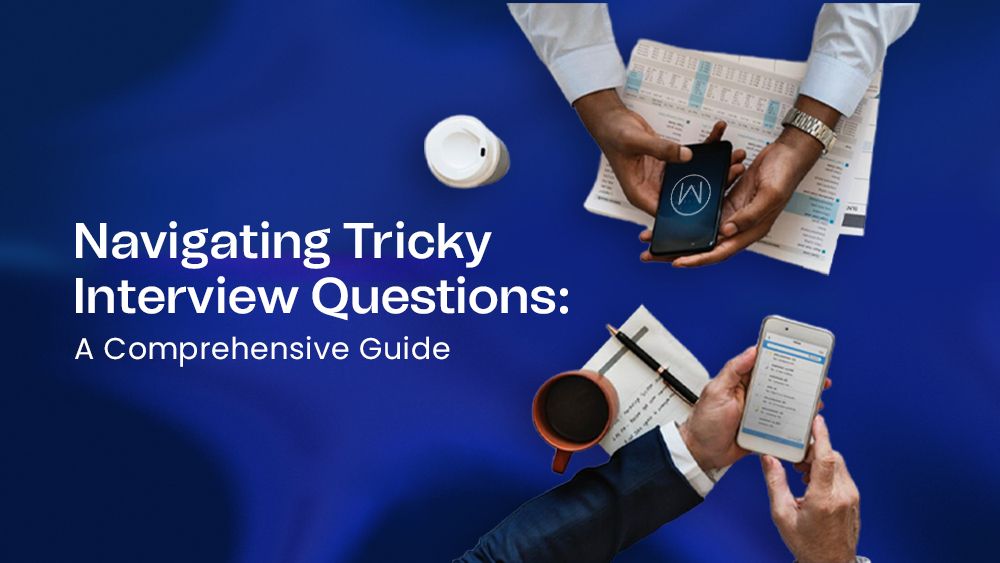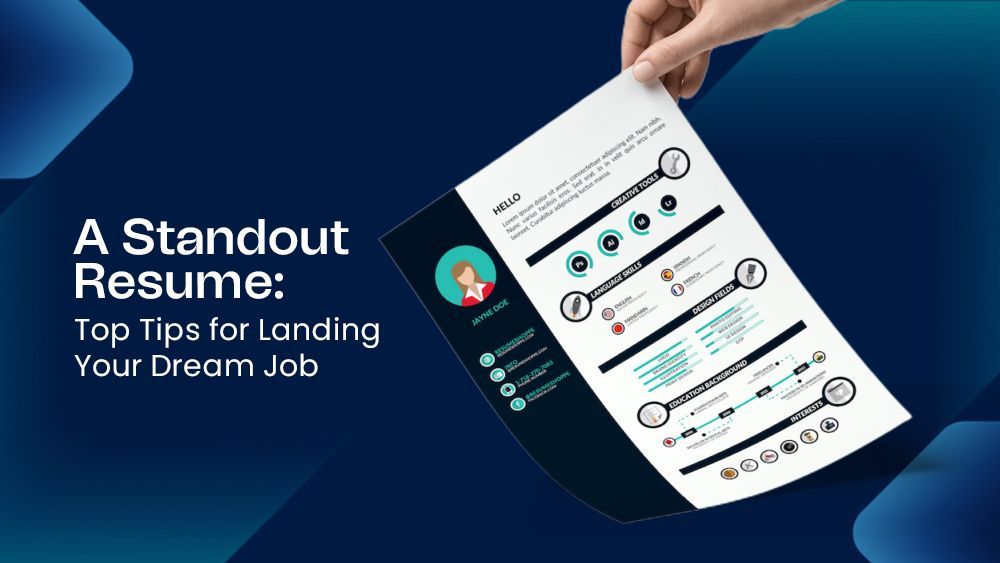Virtual Interview Success: Tips for Excelling in Online Interviews
Importance of Virtual Interview Success
Virtual interviews have become a cornerstone in the modern job search, especially with the increasing prevalence of remote work. Excelling in these online interactions is crucial, as it directly impacts job opportunities and showcases adaptability in today's evolving work landscape.
Setting the Stage: Preparing Your Environment
Choosing a professional background
The first impression matters, even in the virtual realm. Select a clean and professional background to convey a sense of order and reliability to your potential employer.
Adequate lighting for visibility
Ensure that your face is well-lit, allowing the interviewer to see your expressions clearly. Natural light is ideal, but well-placed artificial lighting can also enhance visibility.
Eliminating distractions
Create a quiet and interruption-free zone for your virtual interview. Inform household members roommates about your scheduled interview to minimize unexpected disruptions.
Tech Check: Ensuring a Seamless Experience
Testing audio and video settings
Run a thorough check on your audio and video equipment before the interview. Clear communication is key, and technical glitches can create unnecessary hurdles.
Checking internet connectivity
A stable internet connection is vital for a smooth virtual interview experience. Consider using a wired connection if possible to avoid potential Wi-Fi hiccups.
Familiarity with the virtual platform
Be well-acquainted with the virtual platform you'll be using. Knowing how to navigate the interface and troubleshoot minor issues can save you from unnecessary stress during the interview.
Mastering the Art of Eye Contact
Positioning the camera at eye level
Place your camera at eye level to create a more natural and engaging visual connection. This simple adjustment can significantly enhance your on-screen presence.
Gazing directly into the camera
While it may feel unnatural, making eye contact with the camera instead of the screen helps simulate a face-to-face interaction, conveying confidence and attentiveness.
Importance of non-verbal communication
Non-verbal cues, such as facial expressions and gestures, play a crucial role in virtual interviews. Be mindful of your body language, as it contributes to the overall impression you make.
Projecting Confidence in a Virtual Space
Dressing professionally
Even though you may be at home, dressing professionally boosts your confidence and presents you as someone who takes the interview seriously.
Non-verbal cues that convey confidence
Sit up straight, maintain good posture, and use gestures to express yourself. Confident body language translates well in a virtual environment.
Effective verbal communication
Articulate your thoughts clearly and concisely. Speak at a moderate pace, allowing the interviewer to follow your responses without feeling rushed.
Strategies for handling technical issues
Prepare for the unexpected by having a backup plan for technical glitches. Knowing how to troubleshoot common problems can save you from potential interview disruptions.
Addressing interruptions gracefully
If interruptions do occur, handle them with grace. Apologize briefly, address the issue, and smoothly transition back to the interview without dwelling on the interruption.
The Dos and Don'ts of Virtual Interviews
Dos: Preparation and research
Thoroughly research the company and role before the interview. Prepare answers to common questions and have questions ready for the interviewer, showcasing your genuine interest.
Don'ts: Common mistakes to avoid
Avoid common pitfalls like talking too much, using inappropriate language, or being overly familiar. Maintain professionalism throughout the interview.
Practicing Virtual Interview Etiquette
Responding to questions professionally
Answer questions with professionalism and relevance. Use the STAR method (Situation, Task, Action, Result) to structure your responses effectively.
Expressing enthusiasm and interest
Convey your enthusiasm for the role and the company. Expressing genuine interest sets you apart from other candidates.
Following up after the interview
Send a thank-you email reiterating your interest in the position. This simple gesture shows appreciation and leaves a positive impression.
Virtual interviews aren't just a result of current times—they mark a big change in how we connect professionally. By using the tips in this guide, you're not just getting ready for an interview; you're confidently adapting to the new ways of the professional world.
Now that you have the know-how to make your virtual interviews better, go ahead and showcase your skills. Your next career step is right around the corner, and with good preparation, you're set to succeed in the virtual world.


